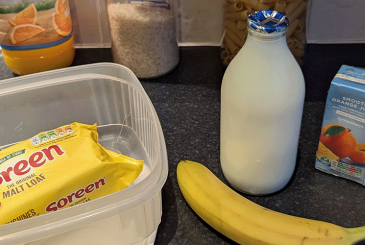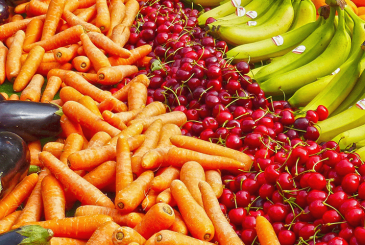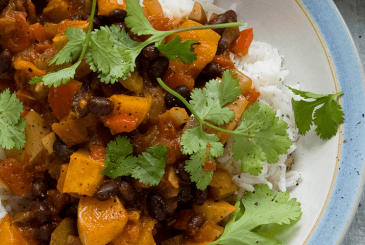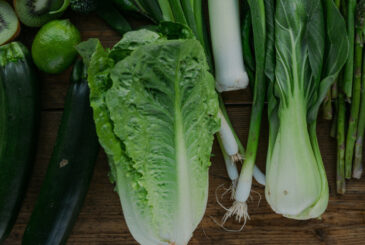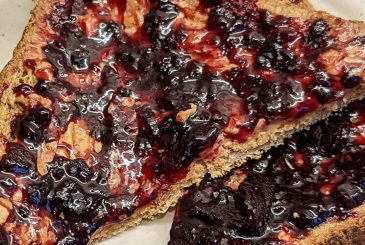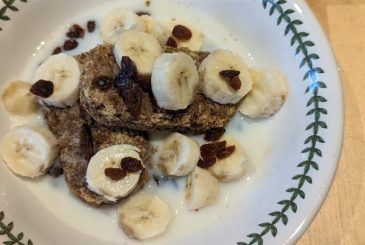Hatty Bates, Performance Nutritionist for British Rowing, explores the research, behind vegetarian or vegan nutrition for athletes
Ten years ago, it was difficult to find more than one vegan option on restaurant menus. Fast-forward to now and there are more than 1.5 million vegetarians and half a million vegans in the UK, not to mention a meat-free market worth £572-million, over 3,500 book titles with the word ‘vegan’ in and a quarter of evening meals in the UK are now plant-based. For more details, visit the Vegan Society.
Vegetarians exclude all meat, fish and poultry whereas vegans exclude all animal products including dairy, eggs and animal-derived ingredients. Potential health benefits of a vegetarian diet include a lower risk of obesity, type 2 diabetes and heart disease. This is probably because of a high presence of fibre, antioxidants and vitamins in plant-based foods such as fruit, vegetables and beans.
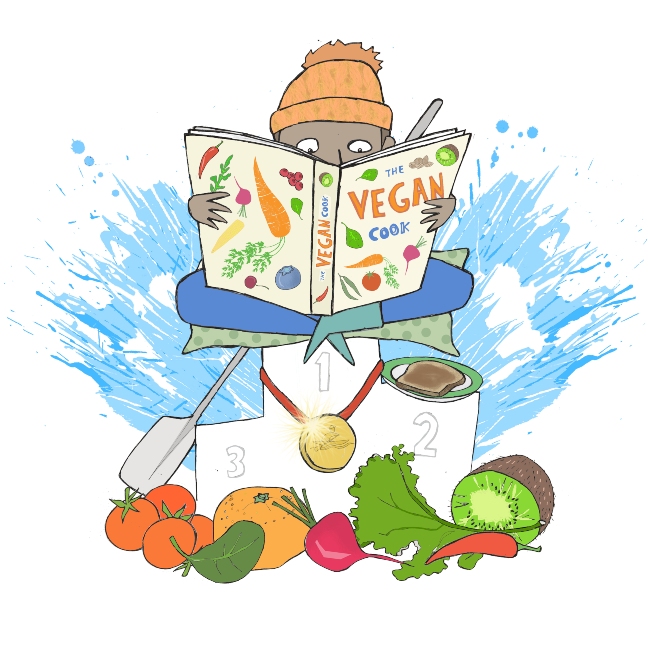
Performance
Research suggests that vegetarian diets are neither beneficial nor detrimental to performance. When comparing omnivorous and vegetarian diets, no difference in strength, power, endurance or anaerobic performance were observed.
Athletes such as Brendan Brazier and Venus Williams demonstrate that high-level performance may be achieved without consuming animal products. It is, however, important to be aware that there is a risk that several nutrients may be deficient in the plant-based diet of athletes; three of these will be considered here.
Vegans should consume different sources of protein throughout the day to achieve the correct balance of essential amino acids
1 – Protein
Can you reach your protein needs whilst following a plant-based diet? Yes, if carefully planned! Your body needs 20 different amino acids; nine of these are known as essential amino acids and can only be obtained from diet. This is easily achieved for omnivores and vegetarians who consume eggs and dairy.
However, plant-based proteins are limited in some essential amino acids. Therefore vegans should consume different sources of protein throughout the day to achieve the correct balance of essential amino acids.
2 – Vitamin B12
Vitamin B12 helps release energy from food and keeps blood cells healthy and functioning. A deficiency in vitamin B12 could result in fatigue and muscle weakness and therefore negatively affect performance.
This vitamin can only be obtained from animal and dairy products; therefore, plant based athletes should consume vitamin B12 fortified foods such as fortified yeast, cereals and milk alternatives.
3 – Iron
Vegetarians eat a similar amount of iron as omnivores owing to their diet being rich in legumes and leafy green vegetables. However, iron from plant based diets is not easily absorbed. You can enhance your iron absorption by consuming foods high in vitamin C, such as citrus fruits, and avoiding absorption inhibitors such as tea and coffee.
The bottom line
Providing you plan your dietary intake carefully it is still possible to train and perform to the best of your ability. However, a vegetarian diet which is less restrictive, compared to a vegan diet, may be easier to manage.
Nutrition know-how
A typical vegetarian diet is high in carbohydrates, vitamins and minerals which is perfect to fuel training sessions and support your immune system throughout the winter. Vegan athletes should consider increasing feeding frequency and include higher calorie foods, such as nuts, to meet their energy needs, as well as consuming protein throughout the day to support recovery.
If you choose to follow a vegetarian or vegan diet it is advisable to monitor your micronutrient intake in order to avoid deficiencies and also to seek advice from a qualified performance nutritionist or dietitian if help is required – check The Sport and Exercise Nutrition Register.
Take it further
Read more about vegan diets and athletes in the research papers below:
- Vegan diets: practical advice for athletes and exercisers by D Rogerson, Journal of the International Society of Sports Nutrition, 36 (2017).
- Nutritional considerations for vegetarian athletes by S Barr and C A Rideout, Nutrition, Jul-Aug; 20 (7-8); 696-703.
- Fueling the vegetarian (vegan) athlete by J Fuhrman and D M Ferreri, Curr Sports Med Rep Jul-Aug; 9 (4); 233-41 (2010).
Illustrations: Jo Scales




